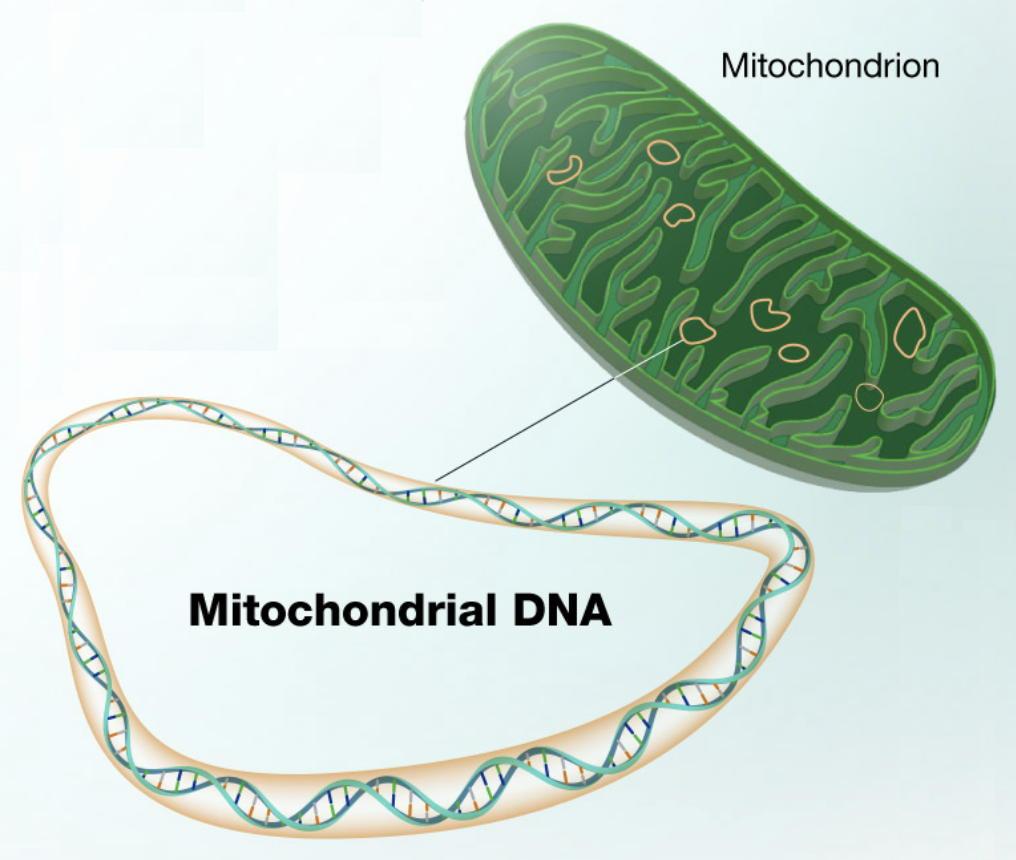We Don’t Know if the Babies Born From Mitochondrial Replacement Therapy Will Still Develop Mitochondrial Disease
By Katherine Drabiak,
Journal of Medical Ethics Forum
| 08. 07. 2025
Adapted from Mitochondrial DNA at
National Human Genome Research Institute
Recently, media outlets around the world have been reporting on children born from pronuclear genome transfer (sometimes called “3-parent IVF,” “mitochondrial donation” or “mitochondrial replacement therapy”) at Newcastle Fertility Center in the United Kingdom. Twenty-two women underwent the procedure, which resulted in eight children, who now range in age from six months to over two years old. Some have called it an “important milestone” and a “pioneering” technique to spare children from fatal disease.
New England Journal of Medicine published two articles describing the process, and the follow-up exams of the children. This is not the first time mitochondrial replacement therapy (MRT) has been used to create children. In 2016, a U.S. physician traveled to Mexico to create an infant using MRT; and clinics in Greece, Ukraine and Cypress advertise MRT as a “treatment” for infertility.
MRT is not a curative therapy, or simply a new type of IVF. MRT is an experimental procedure that creates an embryo using the DNA from three...
Related Articles
By Diaa Hadid and Shweta Desai, NPR | 01.29.2026
MUMBRA, India — The afternoon sun shines on the woman in a commuter-town café, highlighting her almond-shaped eyes and pale skin, a look often sought after by couples who need an egg to have a baby.
"I have good eggs,"...
By George Janes, BioNews | 01.12.2026
A heart attack patient has become the first person to be treated in a clinical trial of an experimental gene therapy, which aims to strengthen blood vessels after coronary bypass surgery.
Coronary artery bypass surgery is performed to treat...
By Staff, ScienceDaily | 01.05.2026
Scientists at UNSW Sydney have developed a new form of CRISPR technology that could make gene therapy safer while also resolving a decades-long debate about how genes are switched off. The research shows that small chemical markers attached to DNA
...
Following a long-standing CGS tradition, we present a selection of our favorite Biopolitical Times posts of the past year.
In 2025, we published up to four posts every month, written by 12 authors (staff, consultants and allies), some in collaboration and one simply credited to CGS.
These titles are presented in chronological order, except for three In Memoriam notices, which follow. Many more posts that are worth your time can be found in the archive. Scroll down and “VIEW...




